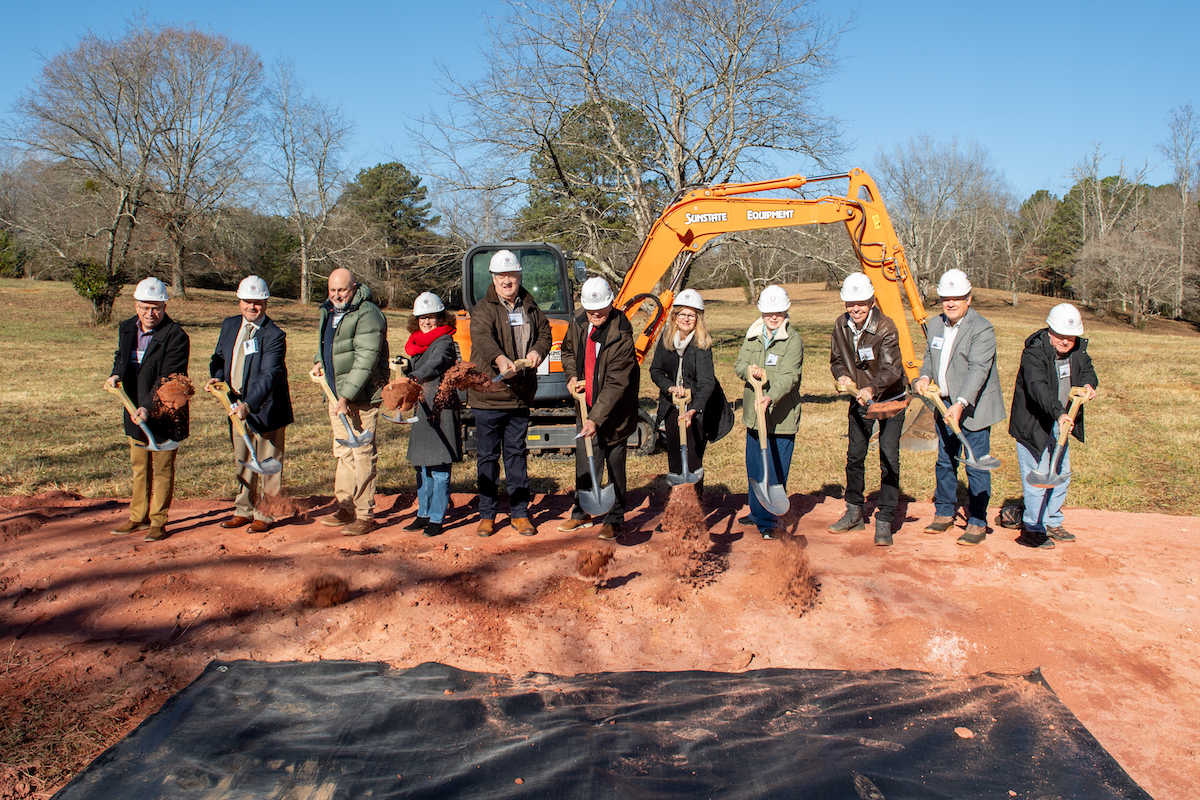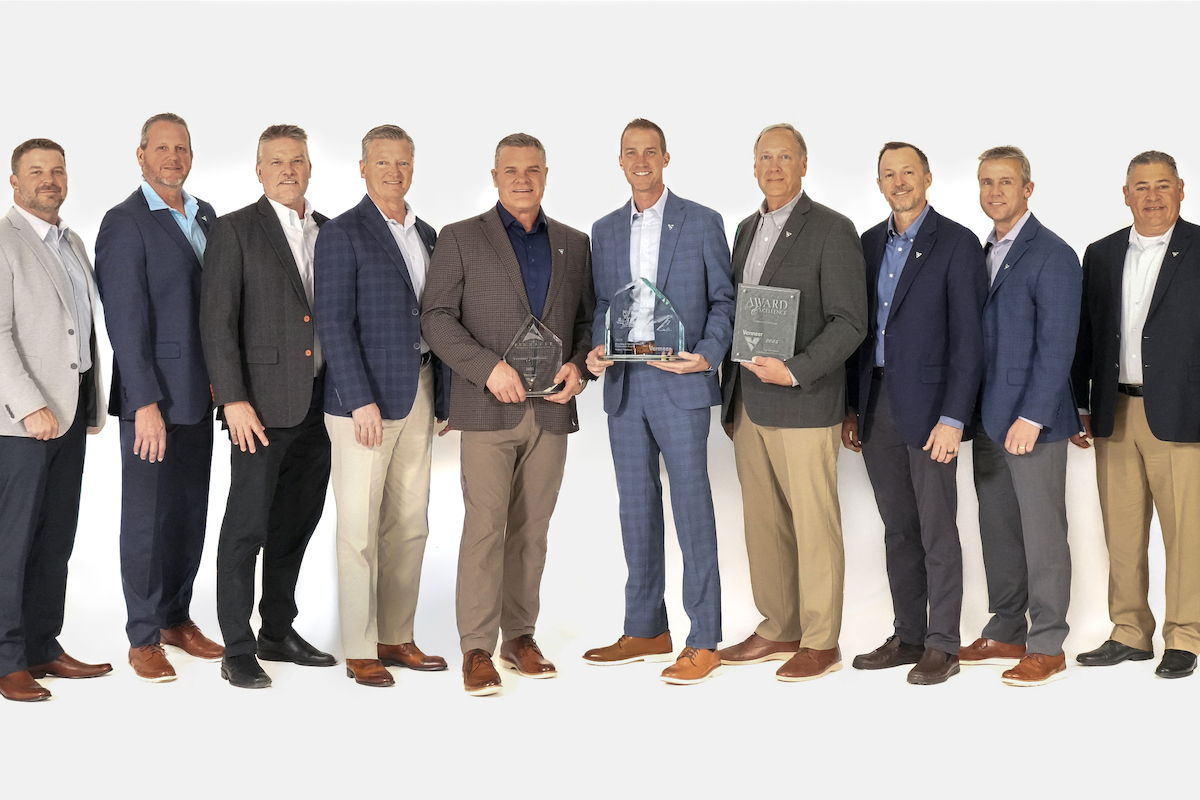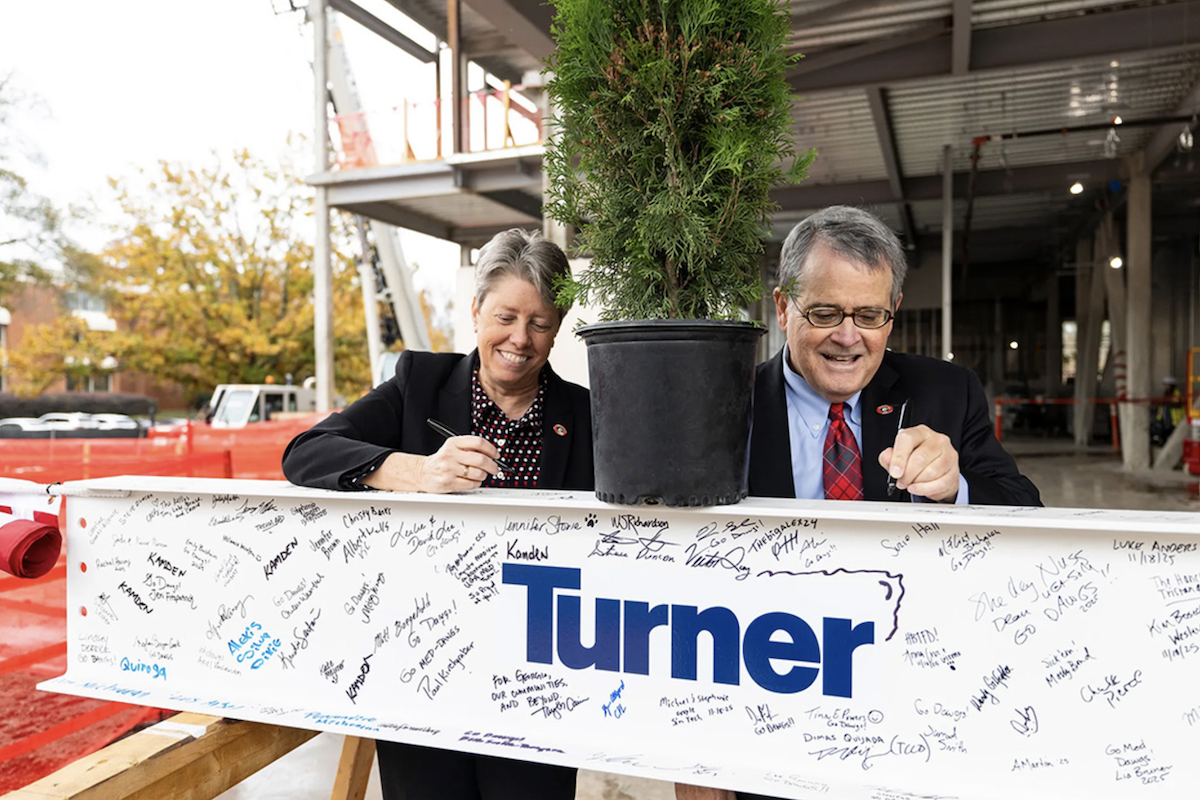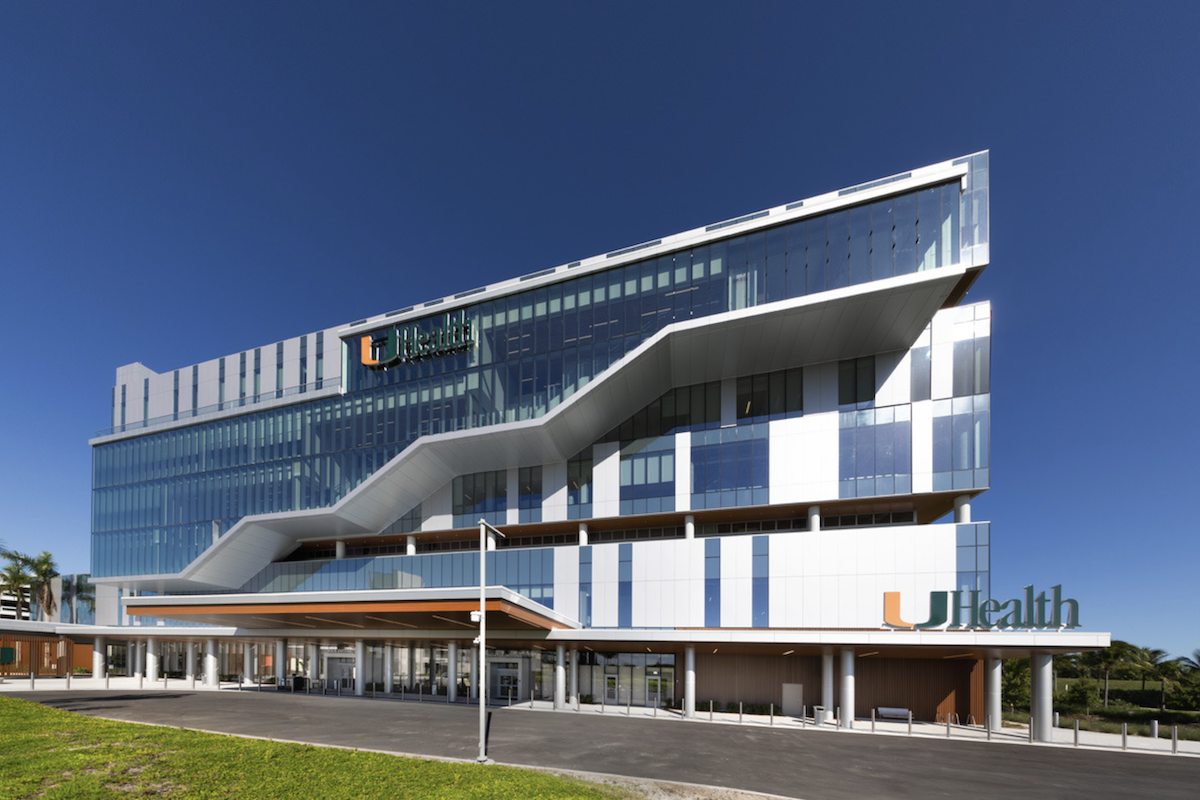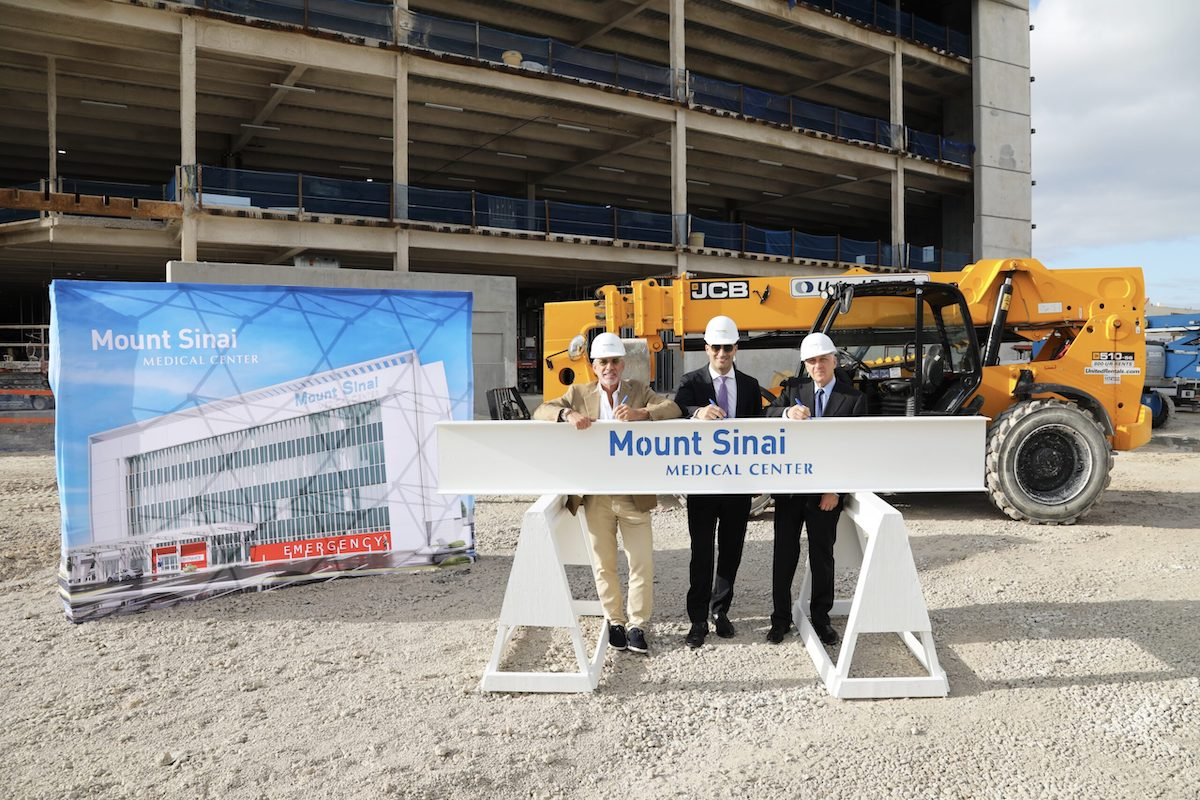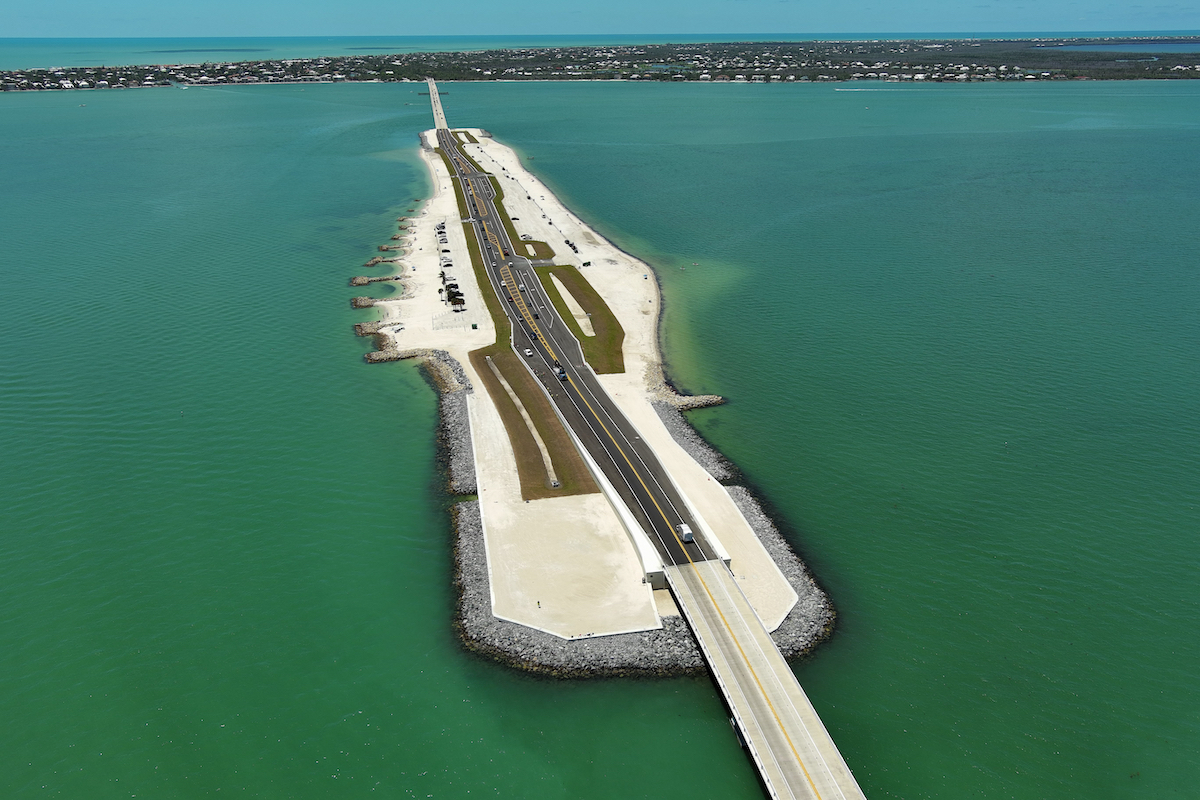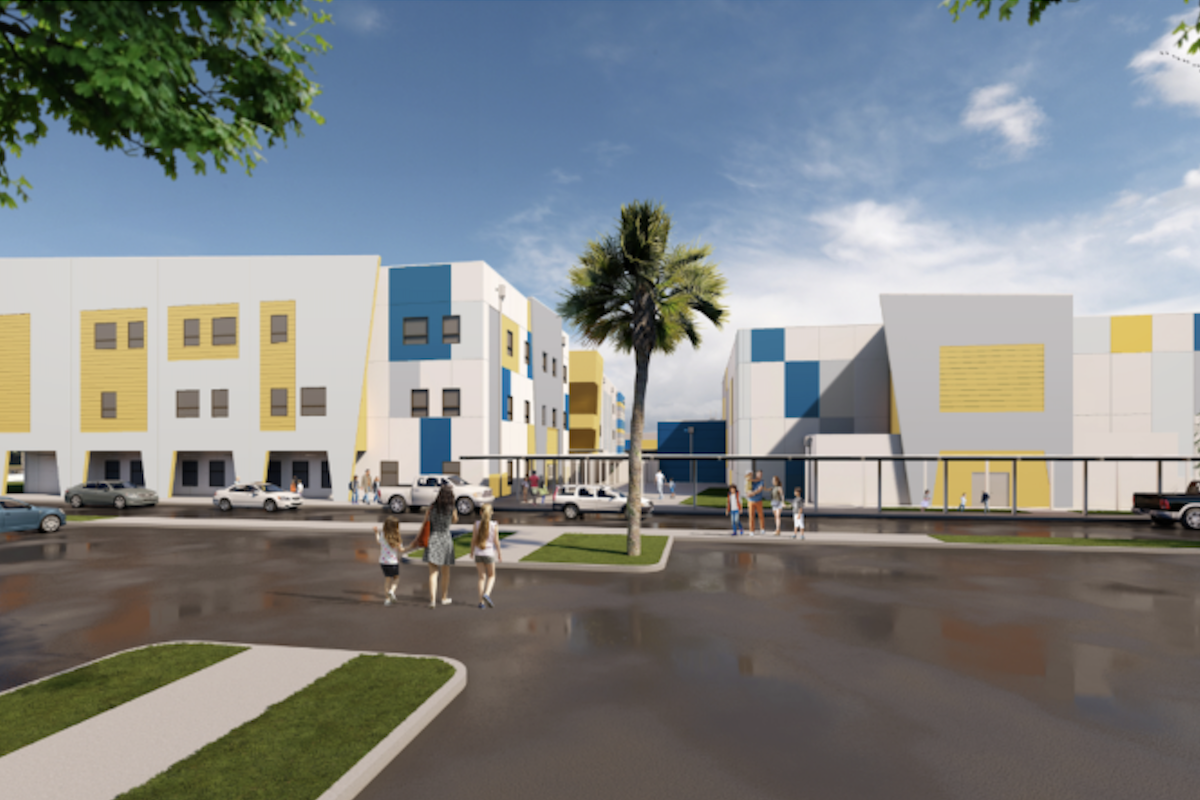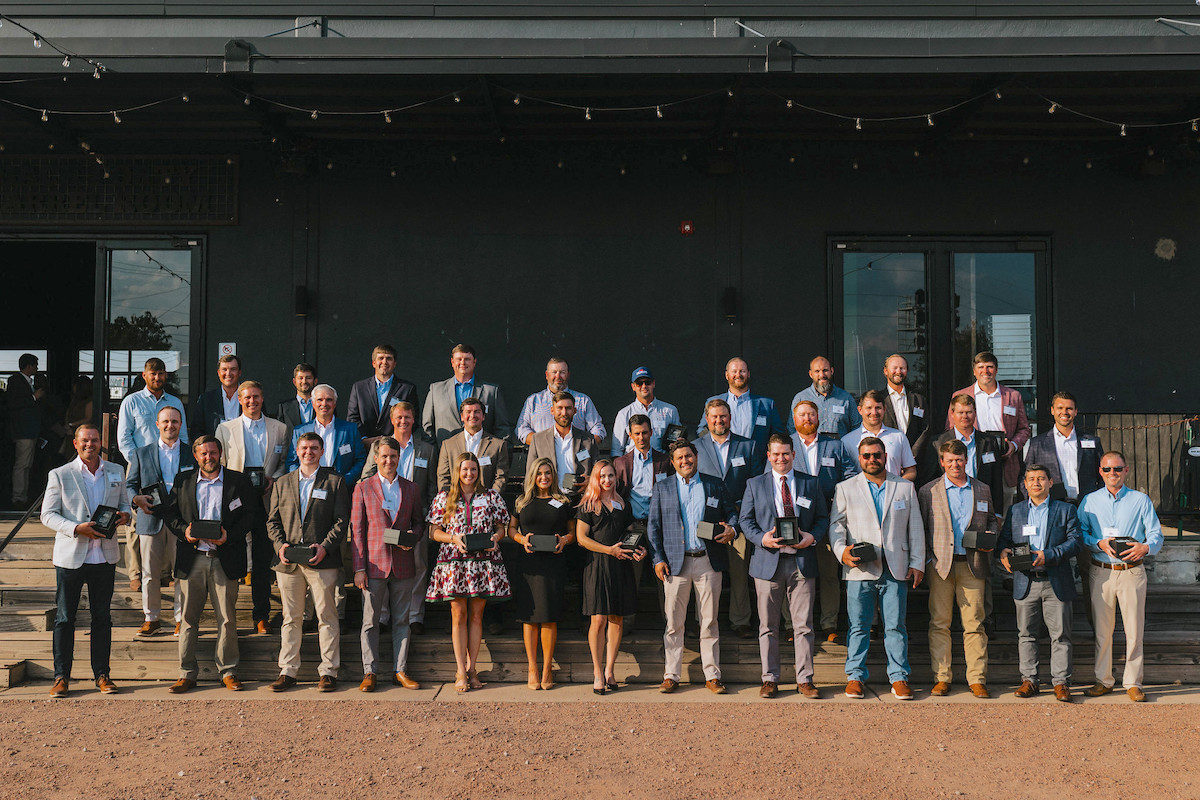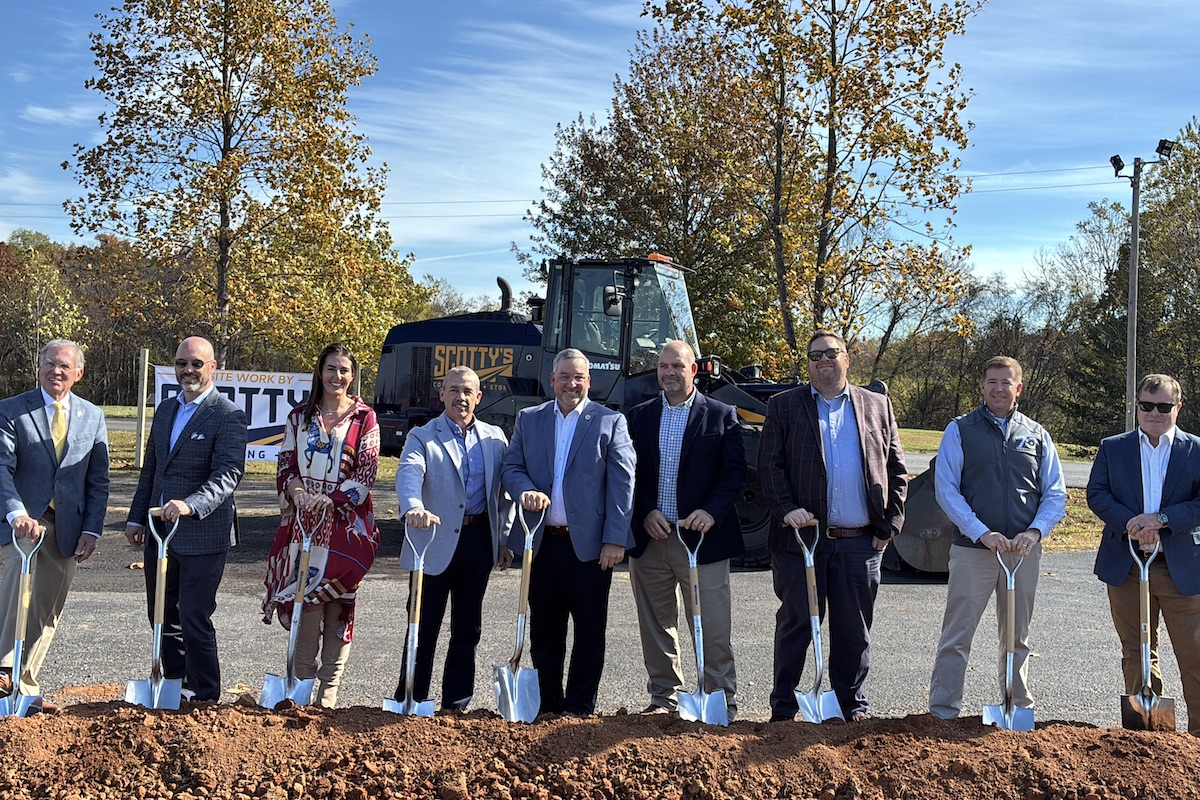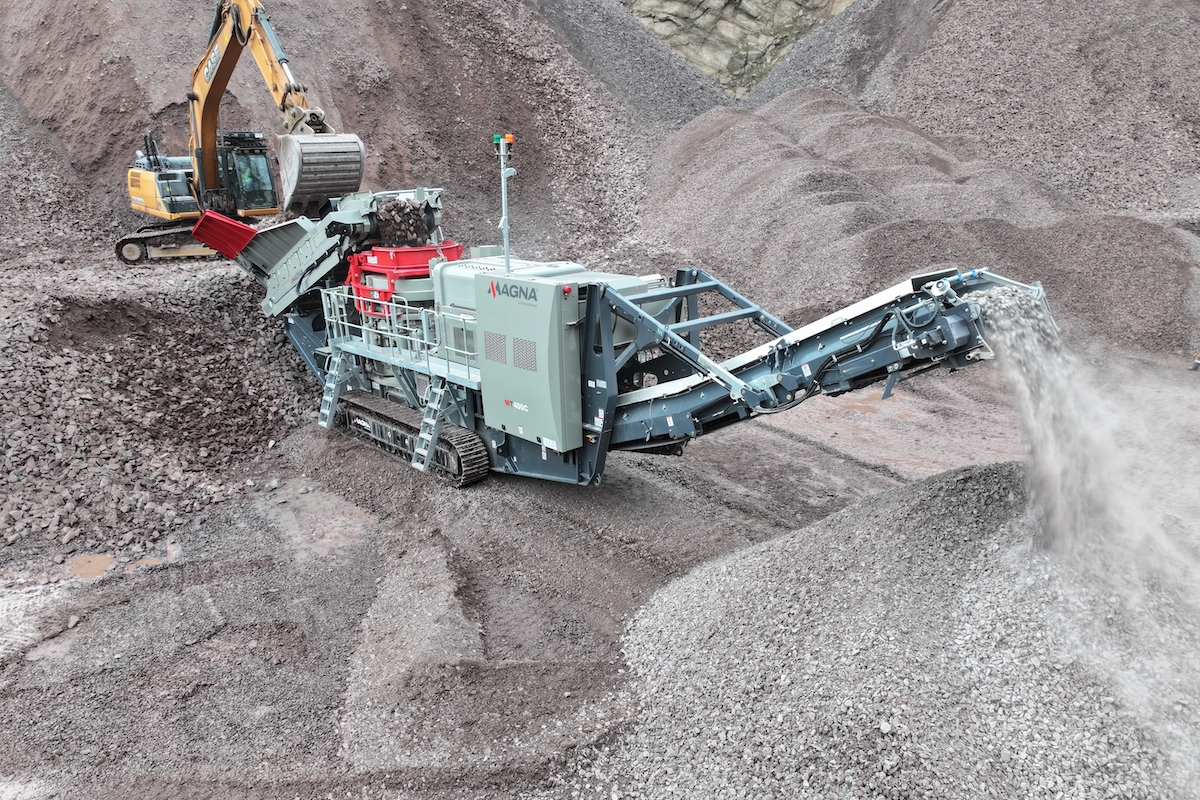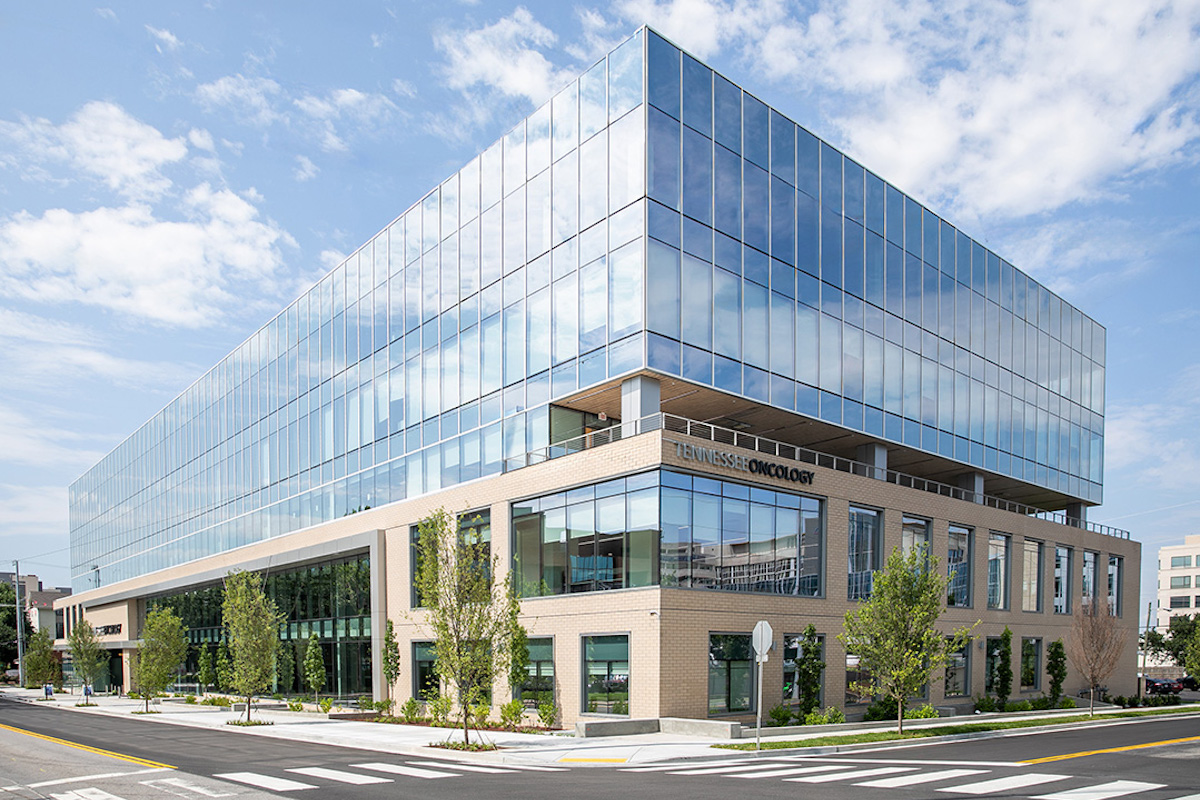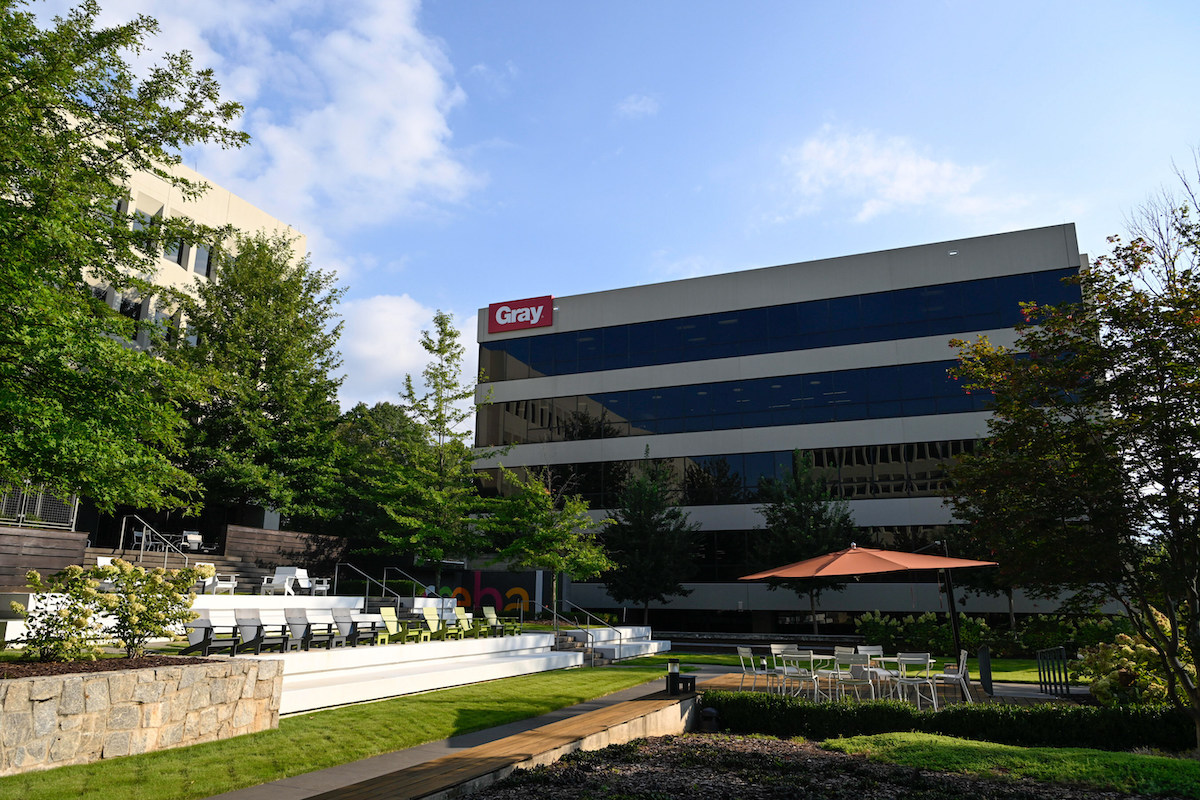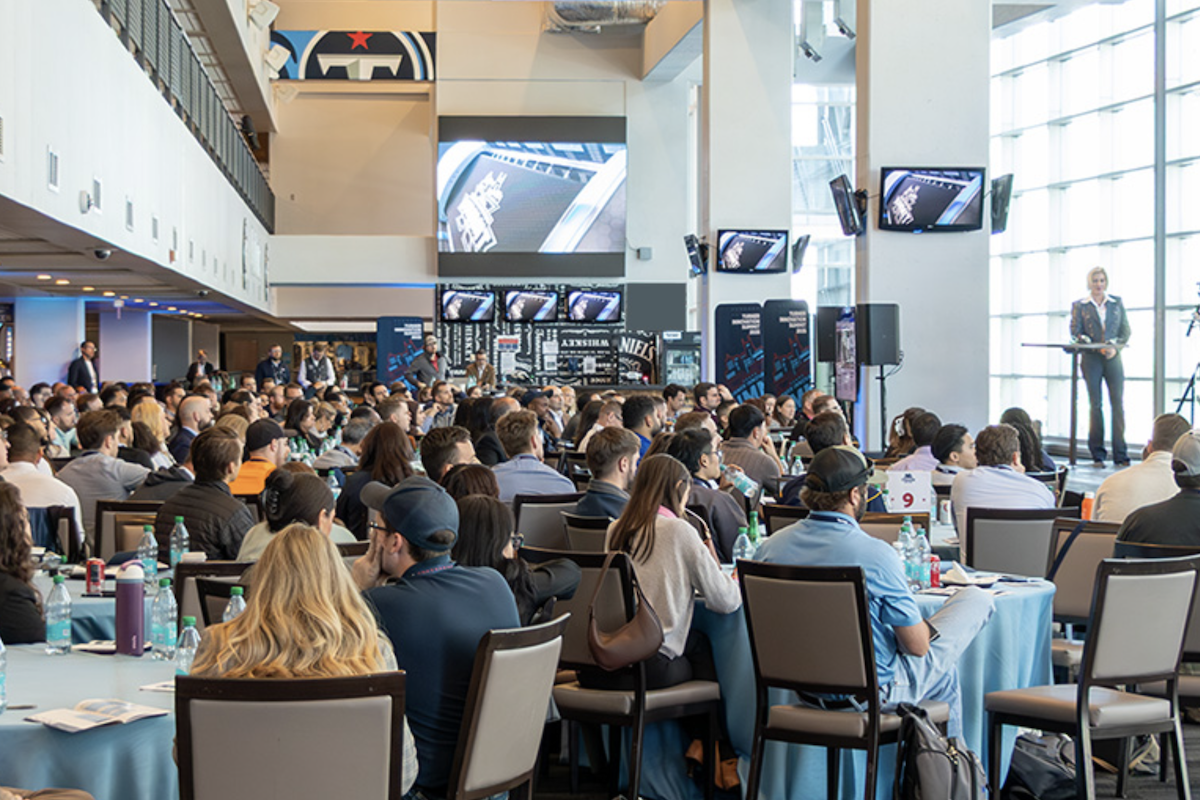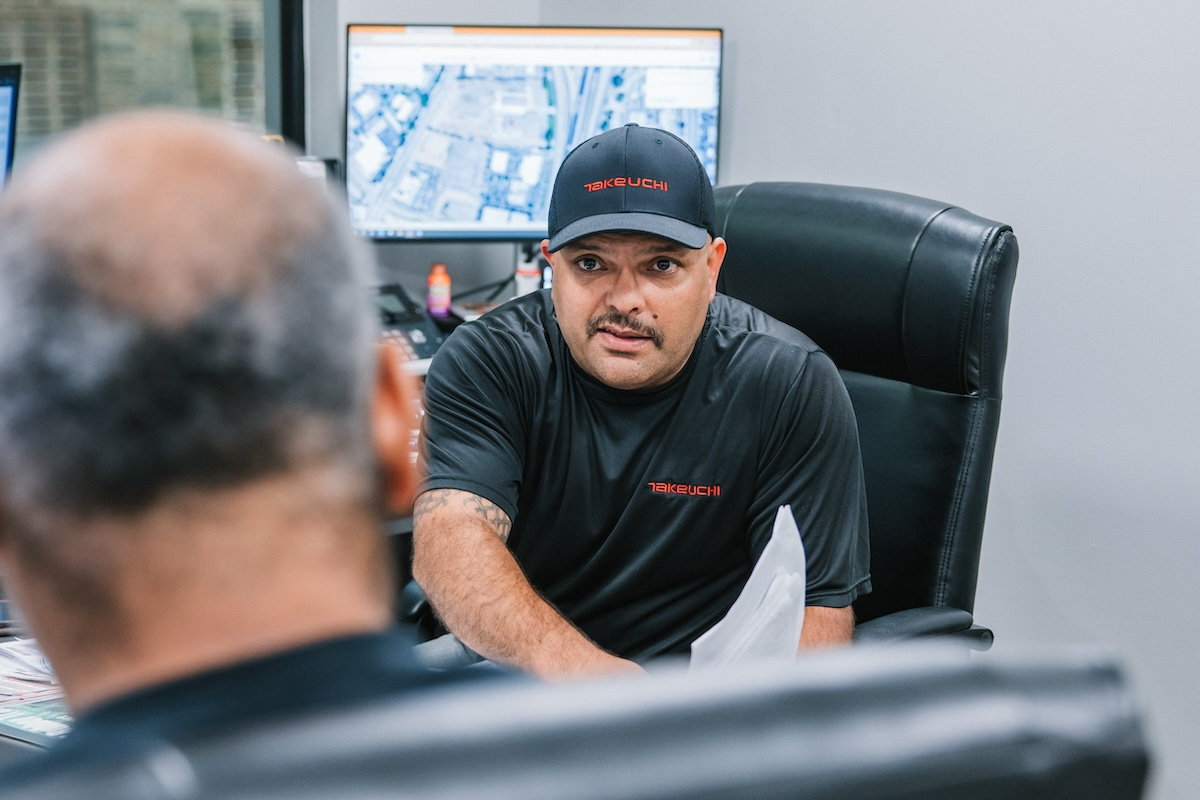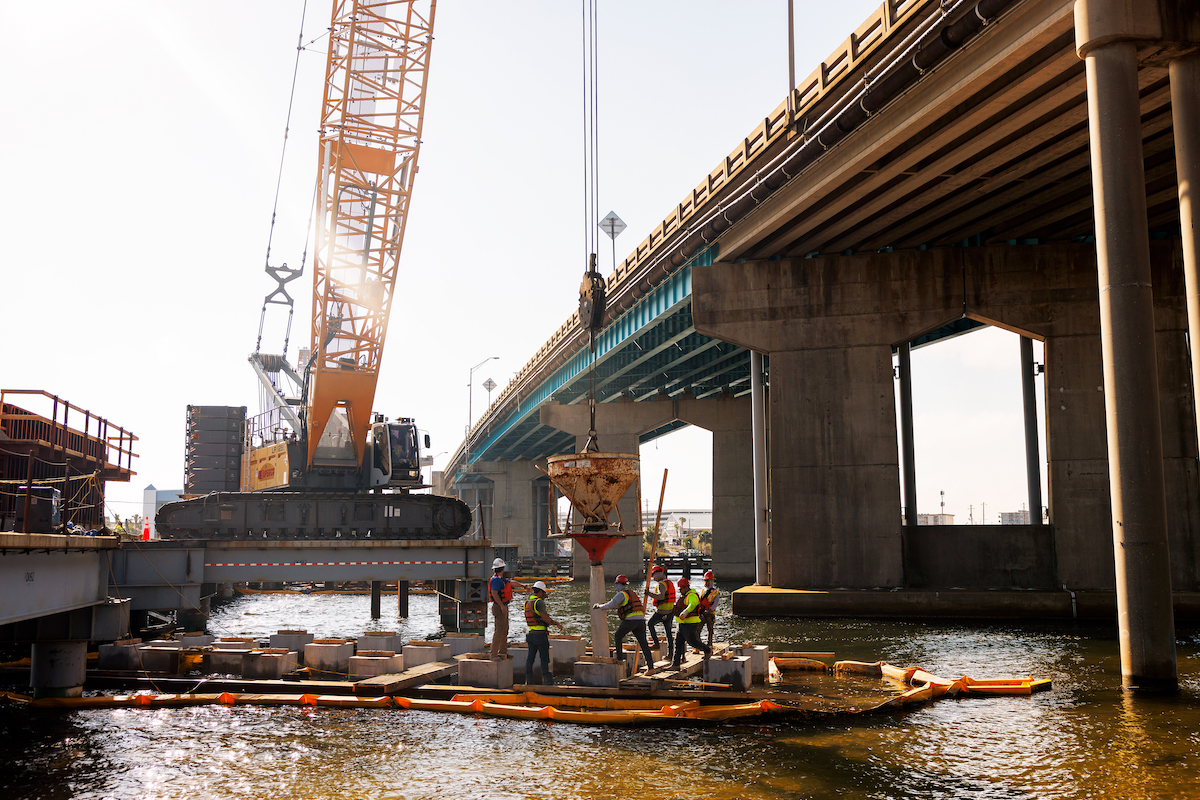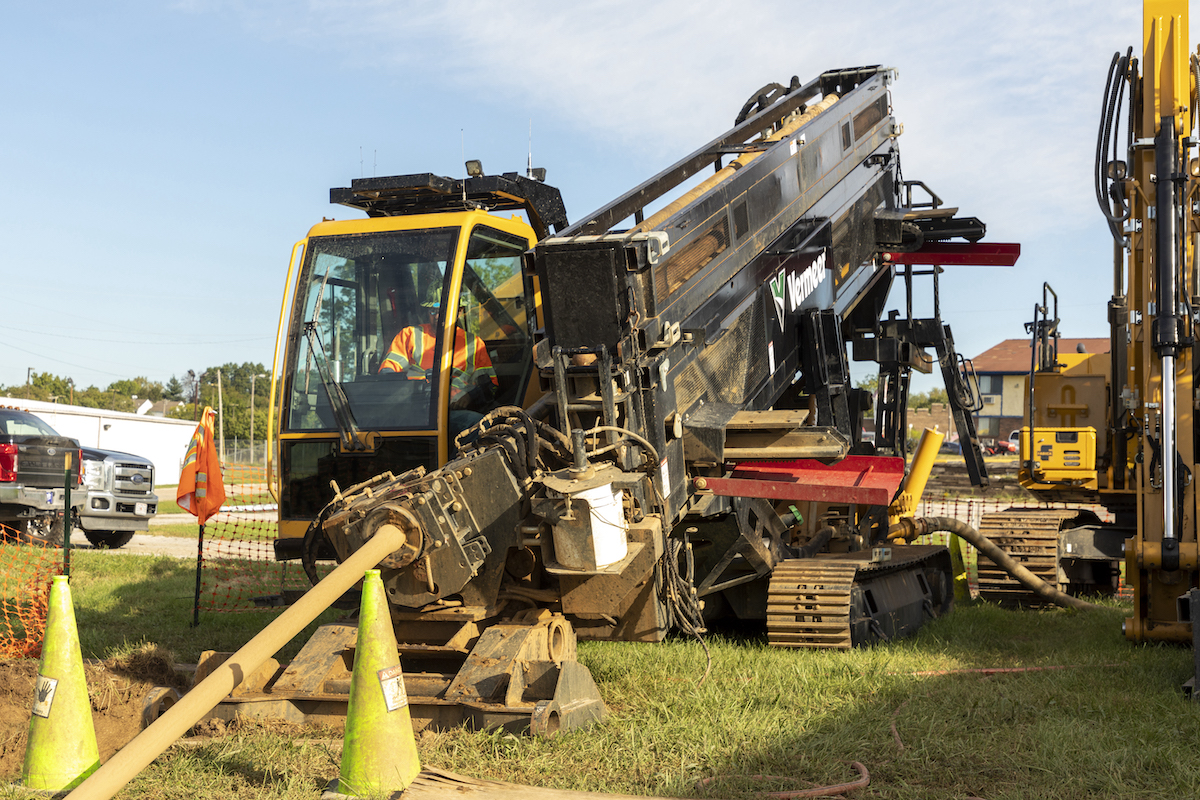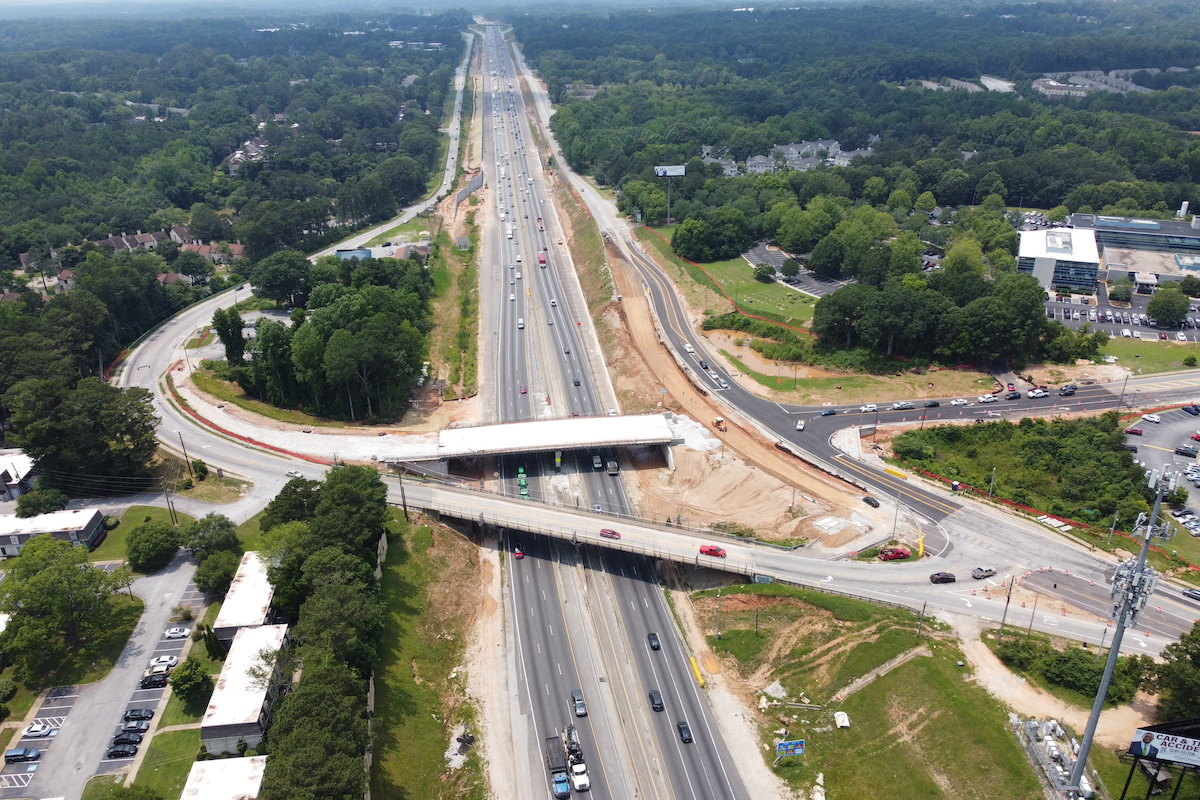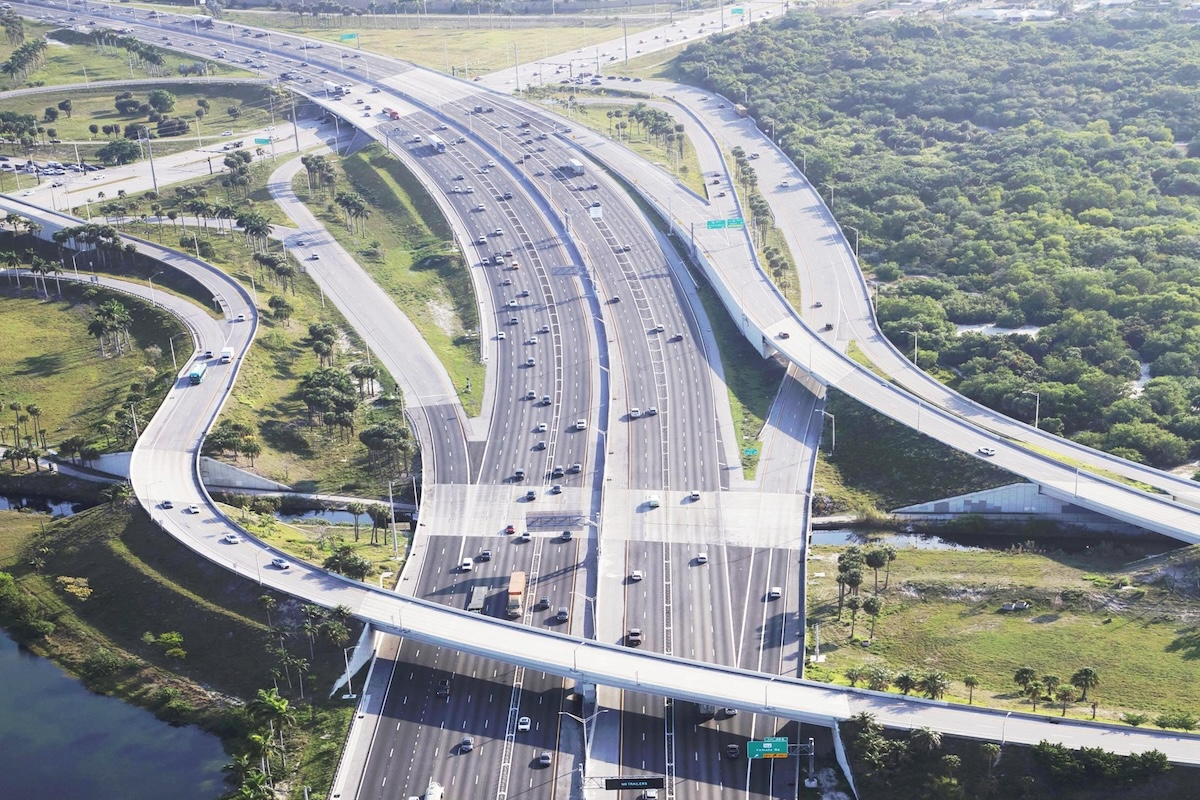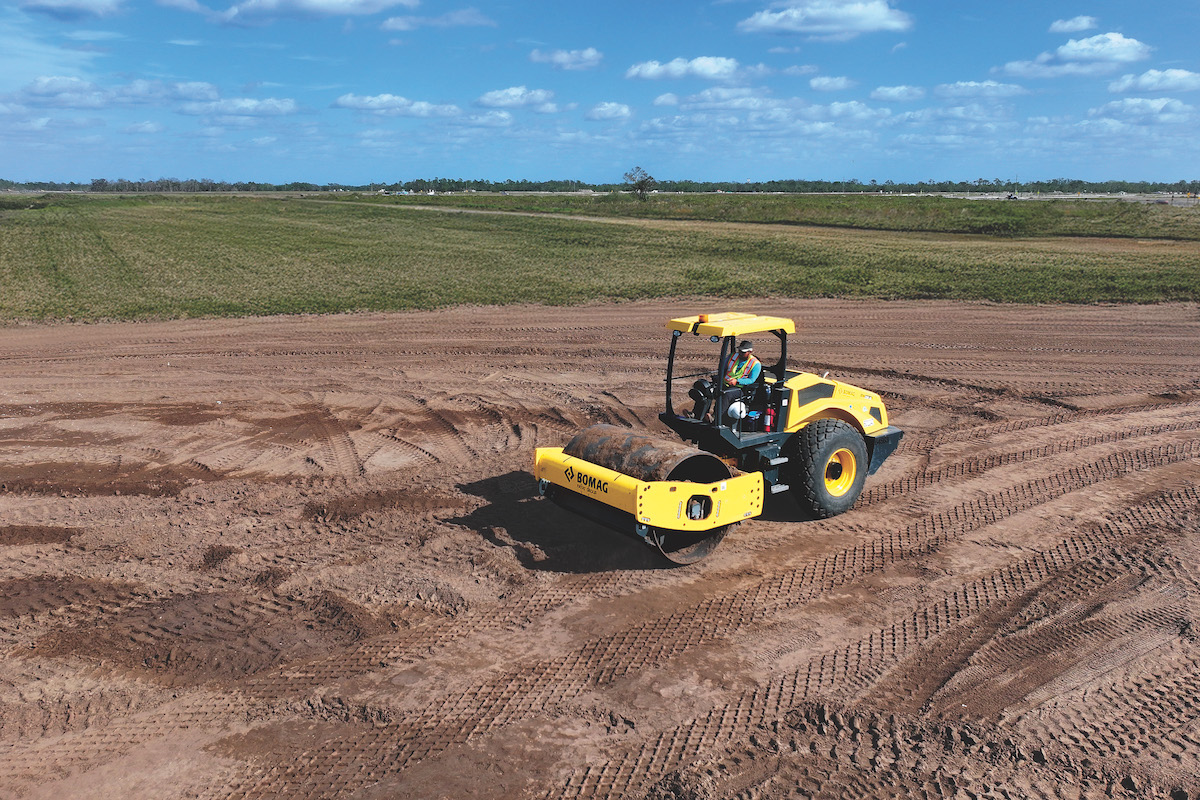ATLANTA, GA —
U.S. Department of Transportation Secretary
Pete Buttigieg announces $3.33 billion in grant awards for 132 projects through the Reconnecting Communities Pilot and Neighborhood Access and Equity discretionary grant programs as part of President Joe Biden’s Investing in America Agenda. The funding is aimed at reconnecting communities that were cut off by transportation infrastructure decades ago, leaving entire neighborhoods without direct access to opportunities like schools, jobs, medical offices, and places of worship.
Due to additional funding from the Inflation Reduction Act, this investment is 18 times larger than the investments from the previous year’s standalone Reconnecting Communities Pilot Program. Both programs are part of the President’s Justice40 Initiative, which set the goal that 40 percent of the overall benefits of certain federal investments flow to disadvantaged communities that are marginalized by underinvestment and overburdened by pollution.
“While the purpose of transportation is to connect, in too many communities past infrastructure decisions have served instead to divide. Now the Biden-Harris Administration is acting to fix that,” Buttigieg said. “We are proud to announce an unprecedented $3.3 billion to help 132 communities deliver better infrastructure that reconnects residents to jobs, health care, and other essentials.”
In this round of funding for the Reconnecting Communities Pilot and Neighborhood Access and Equity program, the department is awarding 72 Planning Grants, 52 Capital Construction Grants, and eight Regional Planning Grants. Some of the top awarded projects in the Dixie Contractor area include:
Atlanta BeltLine to Flint River Trail
Reconnecting Atlanta’s Southside Communities: Atlanta BeltLine to Flint River Trail in Atlanta, Georgia, is a multi-jurisdictional, regional solution that utilizes a multi-use, multi-jurisdictional trail to address the challenges that residents of Atlanta’s Southside have endured as the consequences of the construction of major interstates around Hartsfield-Jackson Atlanta International Airport. In the small railroad towns surrounding the airport, from East Point to Riverdale, dividing facilities like I-85, I-285, and GA-166 sliced the fabric of residential neighborhoods. This trail would bridge the transportation barriers to connect schools, hospitals, job centers, Metropolitan Atlanta Rapid Transit Authority rail stations, the BeltLine, and employment centers. The trail would link disadvantaged communities — a regional collaboration crossing multiple jurisdictions for an area long passed over for federal transportation investments.
Stitch Phase 1 Implementation
The second Atlanta grant is for The Stitch Phase 1 Implementation, a cap of Interstates 75/85, known locally as the “Downtown Connector,” will reconnect the torn urban fabric of downtown with a new major park, extensive transportation improvements, sustainable infrastructure, and increased affordable housing. The Downtown Connector was intentionally planned to run through established low-income Black communities as a racially charged method of ridding downtown of “blighted” areas in favor of new commercially focused development centered around the automobile. The Stitch will provide multi-modal connections over the interstate via multi-use paths, an improved surface transportation network, and enhanced transit amenities.
Reconnecting 4th Avenue North
The Reconnecting 4th Avenue North: A Two-Way Vision for Reviving Legacy and Inspiring Progress project in Birmingham, Alabama, was awarded a grant for a 15-block Complete Streets redesign of Birmingham’s Black Main Street. The redesign will include converting the road from one-way to two-way and will help reconnect downtown neighborhoods and businesses divided by the construction of Interstate 65 in the 1960s. The project encompasses the Historic 4th Avenue Business District, a once thriving hub of black businesses and community in Birmingham. This multimodal project will help to revive the access and connectivity that helped the community thrive prior to its conversion into a one-way street during the 1970s.
Selma to Montgomery Trail
The Reconciliation, Regeneration, and Reconnecting the Selma to Montgomery Trail through Equitable Transportation Infrastructure in Montgomery, Alabama, will reconnect the West Montgomery residents located on the Selma to Montgomery Trail to opportunities, access, and connectivity by addressing poor social determinants of health that exist because of segregation, redlining, and construction of Interstates 65 and 85. The project identifies many disenfranchised local communities that will benefit from enhancements to the trail. These enhancements will allow the city of Montgomery to reinvest in foundational transportation solutions in Historic West Montgomery to facilitate the renaissance of the Selma to Montgomery Trail community.












